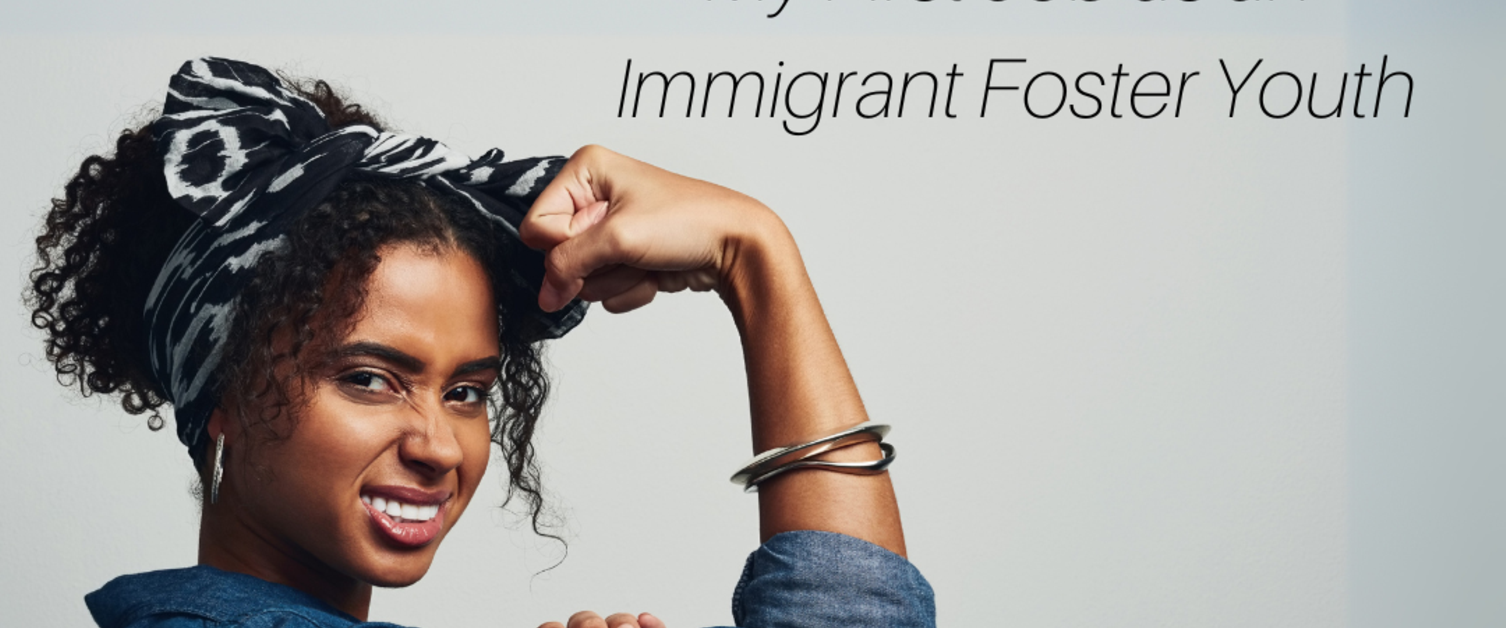From Uncertainty to Empowerment
- career planning, employment, experience, mentors, relationships, youth
- Education, Employment, Resources for Parents, Guardians, Families, Resources for Professionals, Resources for Teens and Young Adults
My First Job as an Immigrant Foster Youth
“If you aren’t given the same advantages as everyone else, figure out how to create your own.”
When you’re an immigrant youth in the foster care system, employment often feels like an impossible dream. Whether it was struggling to track down a birth certificate, staying on top of green card details, or simply trying to prove I had a Social Security number, every step felt like ten steps. But the biggest barrier wasn’t just the extra documents; it was confronting the underlying bias: Would an employer be patient with all these complications?
Fortunately, I wasn’t alone. My caseworker—a woman whose dedication continues to amaze me—took me under her wing in ways that went well beyond the usual job description. Since I had no biological parents around, she became a mentor and a fierce advocate. Instead of merely scheduling supervised “visits” or checking a list of obligations, she gave me access to Independent Living (IL) skills workshops so I could learn budgeting, time management, and job-readiness tips. She even reached out to her connections in other agencies to make sure I had any resource I might need—legal advice, tutoring, or mentorships—so I’d never feel behind or left out of opportunities. She used to say, “If you aren’t given the same advantages as everyone else, figure out how to create your own.” That philosophy still shapes my life.
Case in point: my first job as a Girl Scout counselor. Honestly, I’m not sure I would have been on their radar if my caseworker hadn’t picked up the phone and insisted on advocating for me. I remember feeling nervous about the interview—worried that the troop leaders would be uncomfortable once they learned about my immigration status and the court’s involvement in every official document I needed. But once I got hired, it was like stepping into a totally different world. People saw me for my enthusiasm and skills, not for my paperwork. Guiding those campers was my first taste of real independence. Teaching them knots and nature activities reminded me that resilience comes in all forms—even in tying a rope or planting seeds.
Looking back, it still amazes me how one person’s commitment can open so many doors. Thanks to my caseworker’s determination, I discovered the power of problem-solving. She taught me that if I lacked certain resources, I could tap into other networks to create a level playing field. At the time, I felt frustrated by all the legal hoops: waiting weeks for judges to sign documents, repeating my story to countless staff members. But she showed me how to navigate the red tape—and how to stand firm when an employer or official seemed hesitant to take me seriously.
Today, I live by the goal she instilled in me: “If you aren’t given the same advantages, create your own.” It’s a mantra that reminds me to stay resourceful, creative, and unyielding in the face of setbacks. To any young person juggling multiple identities—immigrant, foster youth, or otherwise—remember: you have the power to define your own path. Find mentors who believe in you, use every workshop or learning opportunity that comes your way, and most importantly, keep looking forward. Because sometimes, all it takes is one dedicated advocate to transform uncertainty into a future that’s bright, promising, and truly your own.
About the Author:
Everina Mustafa-Bennett is a former foster youth currently in college and an intern with Youth In Progress.
